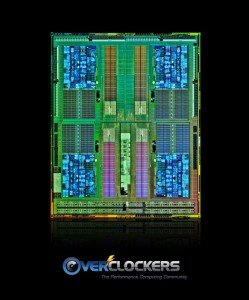- Joined
- Nov 1, 1998
When we looked at the Piledriver CPU, we ran it with our standard CPU review HD 6970. However, our CPU review game and 3D benchmark suite is a bit long in the tooth. In an effort to keep our readers more well-informed, we went back to the drawing board to run our much more modern gaming suite (which we use in all GPU reviews) on a more modern, powerful GPU – the ASUS HD 7970 DirectCU II TOP.
... Return to article to continue reading.


